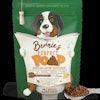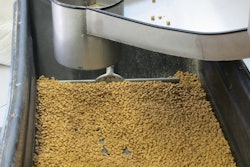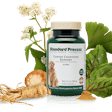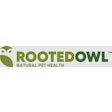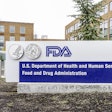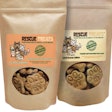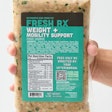
Growing numbers of pet owners consider the effects of pet food production and distribution on marginalized human communities and the Earth’s ecosystems. Some have contended that the COVID-19 pandemic would force sustainability concerns out of consumers’ minds. At the same time, others reasoned that the disease would make people more aware of global crises and risks to human health caused by abuse of the planet’s ecosystems. New York University (NYU) researchers explored that debate along with other aspects of consumer packaged goods’ sustainability. The NYU researchers collaborated with market research firm IRi to create the Sustainable Market Share Index.
Sustainability’s benefits for pet food companies
“Sustainably marketed products have really been driving growth,” Randi Kronthal-Sacco, senior scholar with the NYU Stern Center for Sustainable Business, in a webinar hosted by IRi. “They haven't been affected by COVID, in fact they've actually grown and they should continue to increase…This shows that businesses can do well and do good.”
Kronthal-Sacco previously worked as a vice president at Johnson & Johnson, Kraft Foods and Rodan + Fields.
“At Johnson and Johnson as early as 2005, we saw some share being ceded to products that were a bit more sustainable than ours.”
In both her consumer packaged goods career and in her research, she has noted other benefits to companies from sustainability, beyond reducing pollution and waste, upholding human rights and safeguarding the welfare of future generations.
“When a company embeds sustainability in its core strategy, you have improvements in terms of customer loyalty and employee relations,” she said. “There's lots of data that employees are more productive. You get a higher caliber of employee. The retention is longer. You improve innovation and operational efficiencies and all that drives greater profitability higher corporate valuations and lower cost of capital.”


